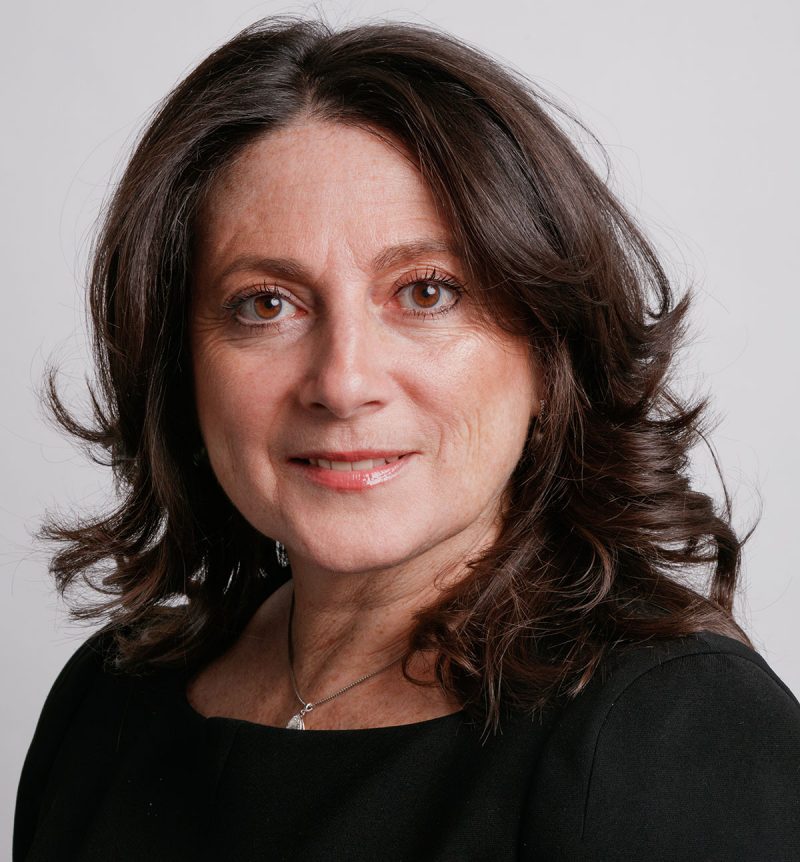
In this Luxury Briefing exclusive, Anna Josse, CEO and Co-founder of the charity, Prism the Gift Fund, offers her insights into the future of philanthropy – Donor Advised Funds
Any notion that philanthropy is something a HNWI can do on the side or in their spare time has long gone, given the change in the regulatory environment over the last three years. The Charity Commission has created an Enforcement Unit and a Cyber Security and Fraud Unit with regulations much like those of the Financial Conduct Authority.
This, combined with a number of high profile charities collapsing or being ‘investigated’ by the Charity Commission, means that the art of giving is complex and requires expertise across a number of areas; trustees with knowledge and understanding of the rules and requirements on making a grant; the due diligence and reporting required; HMRC regulations on tax effective giving; and keeping abreast of the ongoing policies that charities must have in place – Privacy, Safeguarding, Whistle Blowing, to name but a few.
So, where does this leave the HNWI philanthropy engagement? Donor Advised Funds (DAFs) are accounts held within a charitable organisation, like Prism the Gift Fund (‘Prism’). Donors can make irrevocable donations, claim tax relief and then recommend charitable grants to charities all over the world. Rather than the donor having to create their own grant-making foundation and navigate the changing regulatory charity landscape, they simply open a DAF account and can name it after themselves, their family name or the account can remain anonymous.
DAFs are growing vehicles in the UK. In 2017, contributions to Donor Advised Funds increased to £481 million, a 36 per cent increase compared with the previous year’s contributions. These contributions total 4.7 per cent of total individual giving in the UK. Charitable assets in DAF accounts total over £1.3 billion—an increase of 24 per cent over the previous year. *
DAFs are not yet well known in the UK, although in America, they are a highly utilised and well-known resource. The private client intermediary market of banks, law firms, and accountants are learning about DAFs, their ease of use, and the various tax-effective means of giving in the UK. As intermediaries and their clients become more knowledgeable, engagement in philanthropy will increase.
Tax effective means of Giving
There are tax breaks for the gifting of cash, shares, property, and art. In addition, gifting at least 10 per cent of one’s estate to a charity means the balance is taxed at 36 per cent, not 40 per cent. Once a HNWI becomes aware of these options, they start to utilise them. A Donor Advised Fund such as Prism can accept all these different assets. The idea is to make gifting easier; particularly for time-poor, busy individuals. And if the tax break is the initial motivation for giving, I see no problem with that either. Giving has to start somewhere.
Next Generation Engagement
The Giving Pledge is a commitment by the world’s wealthiest individuals and families to dedicate the majority of their wealth to giving back. Linked to this is the challenge of engaging the next generation in philanthropy, or getting them to feel responsible and not relying solely on parental success. Many families are looking at next-generation giving circles, where family members and friends may group together and decide on their own philanthropic objectives and causes. They operate a ‘Collective Fund’ within a charitable vehicle such as Prism. This model tries to engage them to give responsibility. And often, even if the family has their own Family Foundation, there is no room for second, third, and fourth generations to act as Trustees. Yet the family want to engage them in caring about philanthropy. And so, the Collective Fund model assists in drawing them in.
Once HNWIs begin to engage with charities and see the impact their money is making, their lives often become richer, more interesting, and more meaningful. ‘We are not required to complete the work but nor are we free to desist from it’. – Ethics of the Fathers.
* From NPT’s 2018 DAF Report
